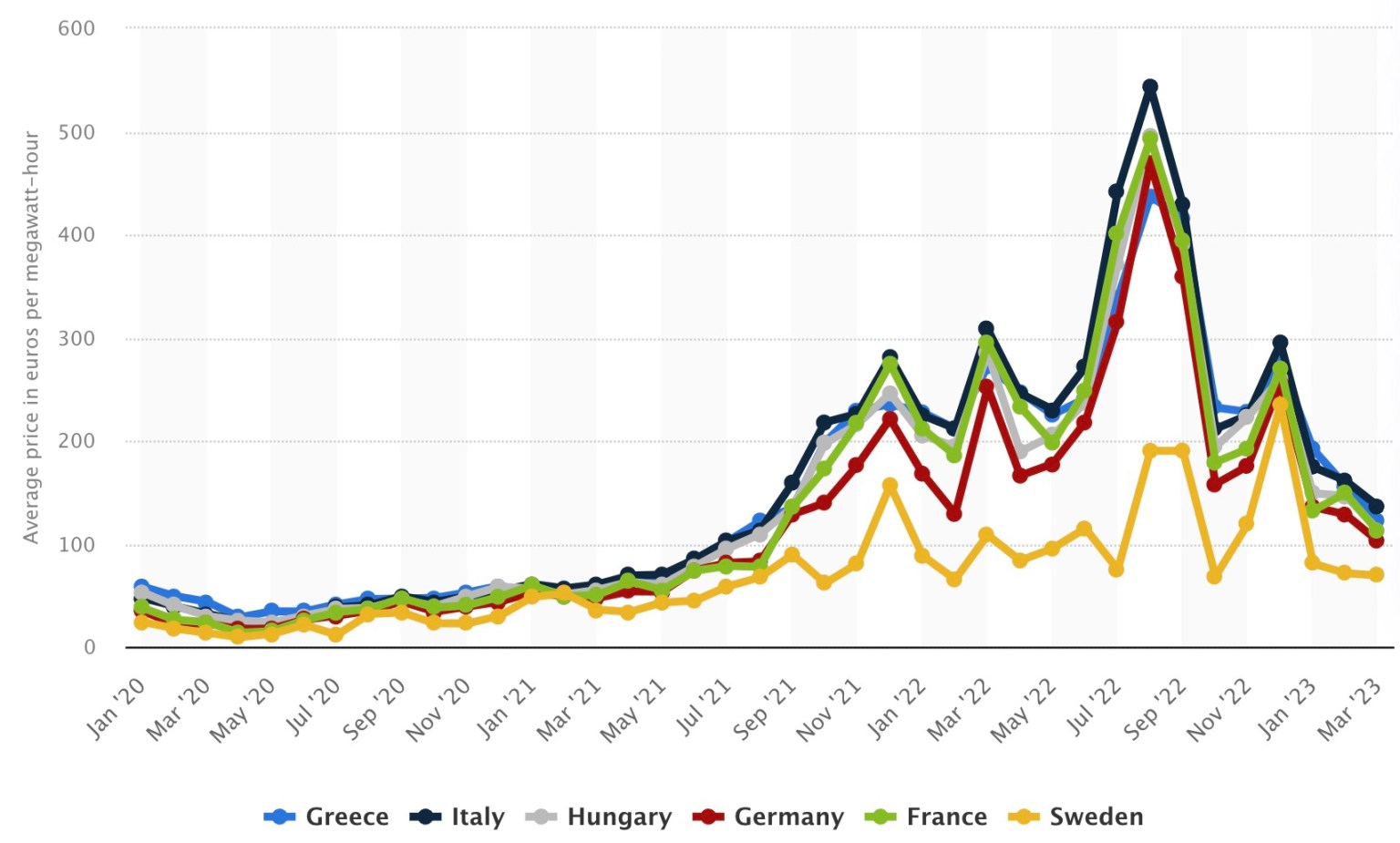"Tesla has slashed Supercharger prices across most markets in Europe as energy prices are stabilizing downward following the crisis"
"Tesla has decided to revise Supercharger prices, down today across almost all European markets. Most markets saw prices reduced by 10 to 20%, with some markets like Spain seeing Supercharger prices down by as much as 25%."


 electrek.co
electrek.co
"Tesla has decided to revise Supercharger prices, down today across almost all European markets. Most markets saw prices reduced by 10 to 20%, with some markets like Spain seeing Supercharger prices down by as much as 25%."


Tesla slashes Supercharger prices across Europe
Tesla has slashed Supercharger prices across most markets in Europe as energy prices are stabilizing downward following the crisis. One...
 electrek.co
electrek.co


